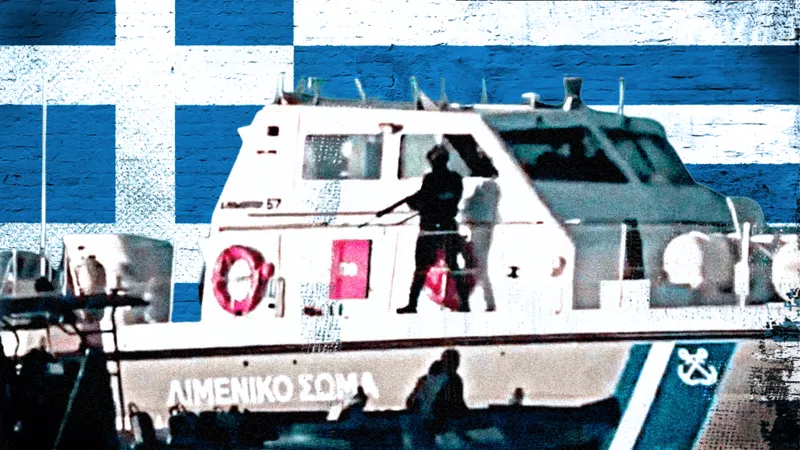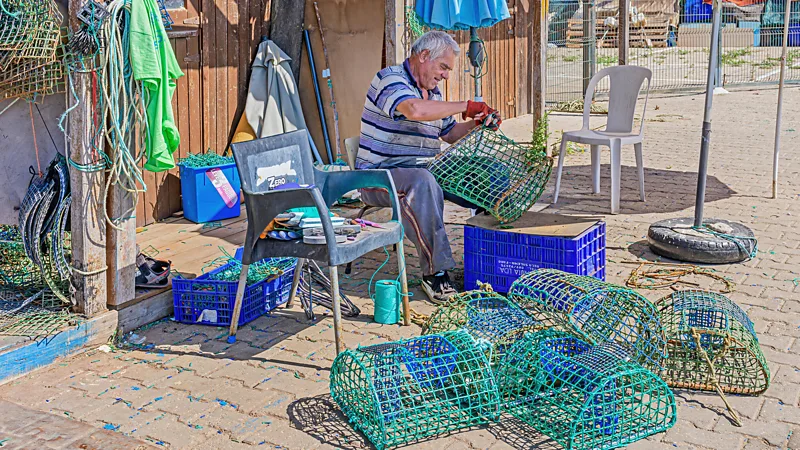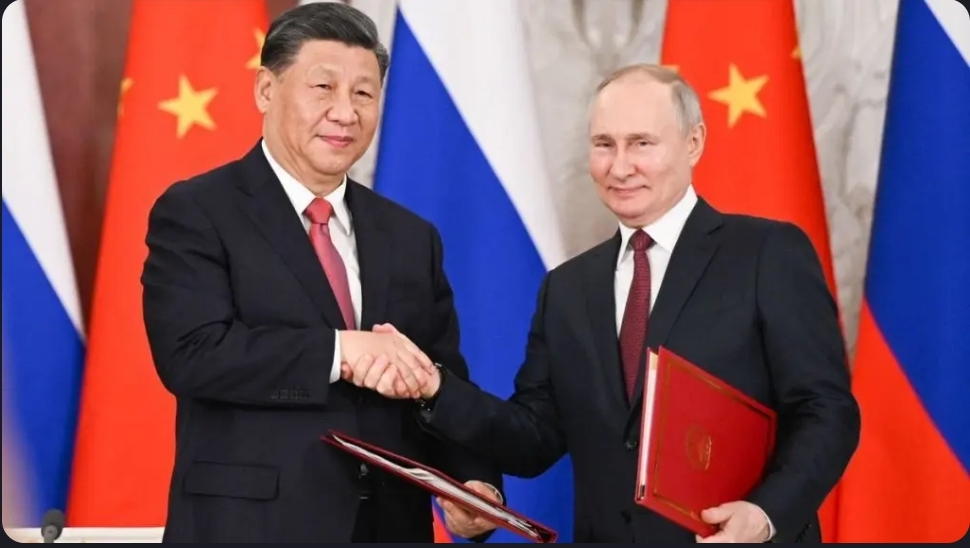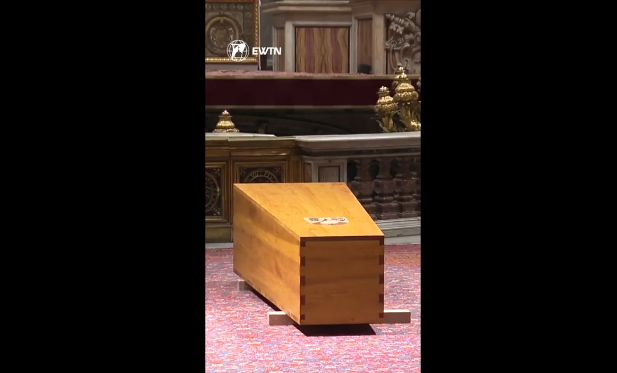How Africans in Europe Can Build Wealth Without Working Two Jobs
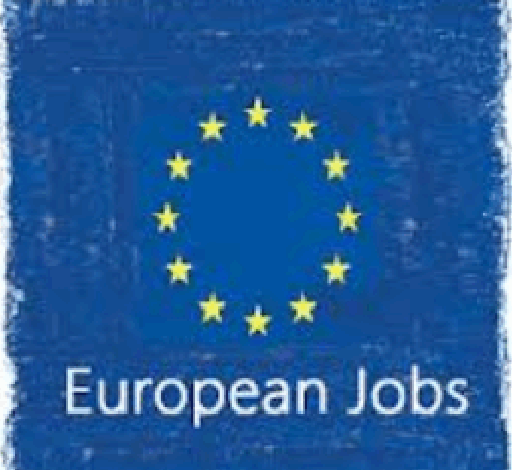
Many Africans who migrate to Europe are driven by the dream of financial freedom and the desire to support their families back home. However, for many, the reality becomes a cycle of working two or more jobs just to make ends meet — with little to no time left for rest, personal growth, or wealth building. But is there a better way?
Yes. Building wealth in Europe without overworking is possible. It requires smarter financial strategies, not just more hours. This article breaks down how Africans in Europe can accumulate wealth without burning out.
1. Start With Financial Discipline
Before you even think about investing or starting a business, the foundation of wealth is proper money management. Too many people fall into the trap of “lifestyle inflation” — spending more as they earn more. If you’re living paycheck to paycheck despite earning more than you did back home, it’s time to restructure your spending.
-
Create a simple monthly budget using the 50/30/20 rule:
-
50% for needs (rent, food, transport)
-
30% for wants (entertainment, fashion, etc.)
-
20% for savings and investment
-
Use budgeting apps like Revolut, YNAB, or Emma if you’re in the UK or Eurozone.
2. Avoid Unnecessary Debts
Credit is easily available in many parts of Europe, but it can also destroy your financial future. Avoid high-interest loans, car leases, or expensive credit card debts unless it’s for a productive investment (like education or business).
Ask yourself: “Will this debt help me grow financially, or is it just for show?”
3. Invest in Yourself First
Your income potential is the biggest asset you have. Investing in new skills, certifications, or education can drastically increase your earning power — and help you escape low-paying jobs.
Some options include:
-
Learning tech skills (data analysis, coding, cybersecurity)
-
Taking nursing or care certifications (especially in the UK, Germany, or Netherlands)
-
Training in digital marketing, photography, or graphic design
Many countries in Europe offer subsidised or free adult education for migrants — make use of these!
4. Use the Power of Digital Income
In today’s world, you don’t need to work two physical jobs. Instead, you can use the internet to earn passively or build a scalable side hustle:
A. Freelancing
Offer your skills online on platforms like:
-
Fiverr
-
Upwork
-
PeoplePerHour
Skills in writing, editing, virtual assistance, translation, or graphic design can be monetised globally.
B. Content Creation
YouTube, TikTok, and Instagram now pay creators. Share your life, knowledge, cooking, or culture — and grow your following to unlock brand deals and ad revenue.
C. E-commerce & Dropshipping
Start an online store selling African products or digital goods to a global audience. Shopify and Etsy are great places to begin.
5. Start Investing Early — Even Small Amounts
Investing is how your money works for you while you sleep. In Europe, there are accessible investment platforms that allow you to start with €10–€50 per month.
Some options include:
-
ETFs (Exchange-Traded Funds) via apps like Trade Republic, DEGIRO, or eToro
-
Real estate crowdfunding (e.g., Brickstarter, Reinvest24)
-
Robo-advisors like Nutmeg or Wealthify in the UK
Don’t wait until you earn big to start investing. Start small and grow over time.
6. Send Money Home With Purpose
It’s common for Africans abroad to support families back home. But sending money with no long-term plan can drain your wealth. Instead of just sending remittances:
-
Invest in productive assets back home: real estate, land, or small family businesses.
-
Create a written agreement with family members about how funds are to be used.
-
Avoid emotional spending that doesn’t align with your financial goals.
7. Leverage Community & Network
Surround yourself with like-minded Africans who are also focused on financial growth. Attend seminars, webinars, or diaspora meetups where business, investment, and financial independence are discussed. Isolation kills ambition — community multiplies it.
8. Use Your Euros to Plan Your Exit
Many Africans want to return home someday — whether in retirement or for business. Use your time in Europe wisely to:
-
Build assets (both in Europe and Africa)
-
Save for long-term goals
-
Prepare a clear financial exit strategy
You don’t need to work yourself into exhaustion to build wealth in Europe. With the right mindset, financial discipline, and strategic use of technology and investment tools, you can grow rich quietly, consistently, and smartly.
It’s not about working harder — it’s about working smarter.
Source: Thepressradio.com


